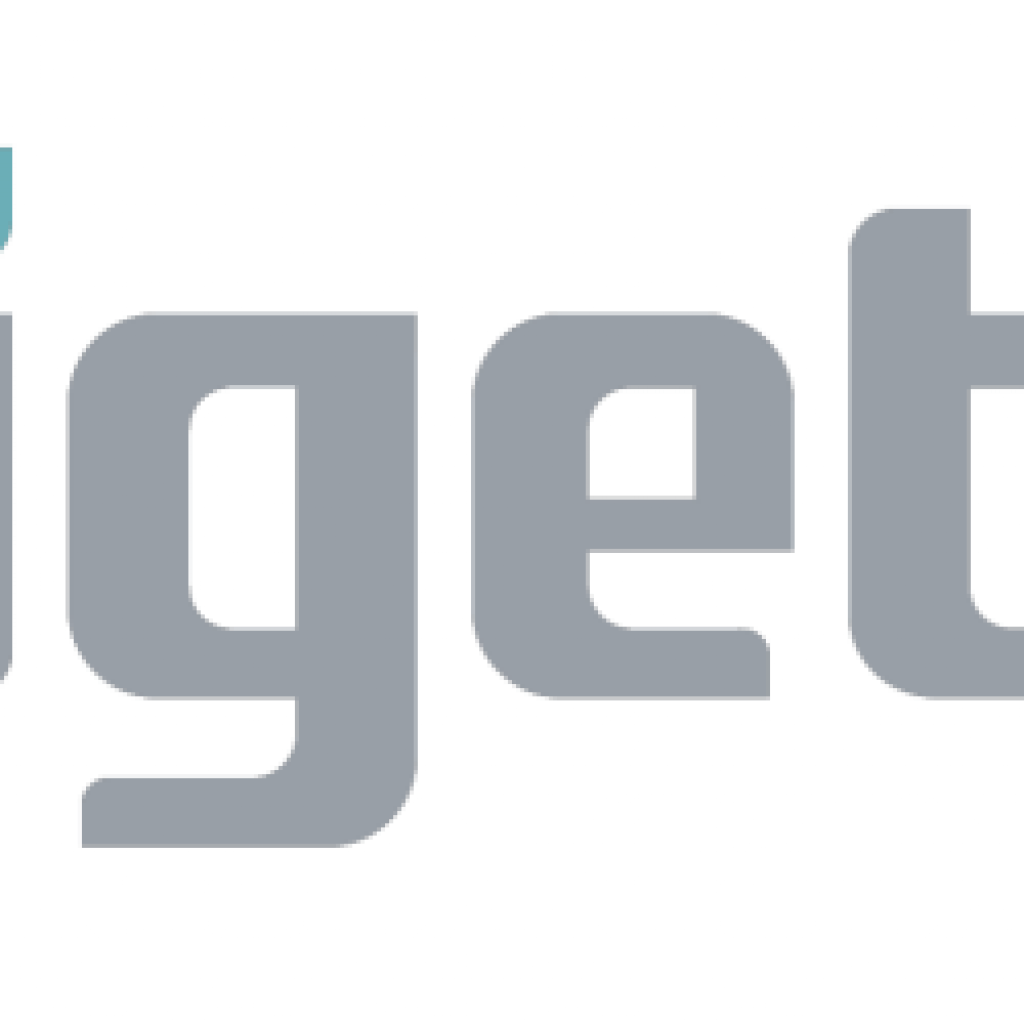Quantum computing companies love to talk about themselves and their prospects up to a point, and that point is usually when someone starts asking pointed questions about revenue prospects.
So, it was nice to see Rigetti a few days ago disclose the amount of revenue that it could realize from a new project with the Defense Advanced Research Projects Agency (DARPA). The project calls for Rigetti to “develop benchmarks for quantum application performance on large-scale quantum computers.,” according to a company statement, which added, “The program is worth up to $2.9 million over three years based on the achievement of certain milestones.”
To be clear, the award is part of the first phase of the three-year DARPA Quantum Benchmarking Program, which includes the option for a second-phase award.
As one of just a handful of publicly-traded, pure-play quantum companies, and after the recent disclosure that it didn’t reap as much in proceeds as it had hoped by going public, Rigetti needs to start showing real revenue growth, or at least a solid promise of real revenue growth. A government project that could deliver close to $3 million if everything goes right is not necessarily a game-changing windfall, but it’s something.
Rigetti is collaborating with the University of Technology Sydney, Aalto University, and the University of Southern California on the DARPA project, which is all about the ability to predict quantum computer performance on target applications as a step toward fault tolerance. Those involved are looking to establish rigorous and universal benchmarks to lead to more precise estimates on how fault-tolerant quantum computers eventually could perform.
“This program aims to produce a more detailed understanding of how errors occur at the qubit level, how those errors impact performance on target applications, and to provide an accurate estimation of how quantum hardware and software need to evolve to meet critical performance thresholds,” the statement said.
“We are proud to have been selected to deliver this critical program to advance quantum computing capabilities and benchmarks,” said Chad Rigetti, founder and CEO of Rigetti Computing. “Rigetti continues to pioneer advances not only in quantum processor technology but also in applications and benchmarks. This award is a testament to our full-stack R&D capabilities and rigorous focus on delivering application performance. We believe having a set of industry-accepted application benchmarks will help mature the quantum computing ecosystem and inform our technology roadmap.”
“I’m looking forward to assessing the impact of detailed models of superconducting qubits on the overall resources needed to create logical qubits,” said Daniel Lidar, Viterbi Professor of Engineering at the University of Southern California. “Most of the existing work deals with somewhat simplified assumptions about qubit errors, and here we hope to improve the state of the art by building more faithful models of the qubits and their environment.”
“This is an extraordinary level of collaboration in the quantum software field,” said Yuval Sanders, researcher at the Center for Quantum Software and Information at the University of Technology Sydney. “We will be developing some of the first automated software tools for quantum performance analytics that have ever existed. This will undoubtedly accelerate the field even further.”
DARPA’s Quantum Benchmarking Program aims to re-invent key quantum computing metrics, make those metrics testable, and estimate the required quantum and classical resources needed to reach critical performance thresholds.
Dan O’Shea has covered telecommunications and related topics including semiconductors, sensors, retail systems, digital payments and quantum computing/technology for over 25 years.
